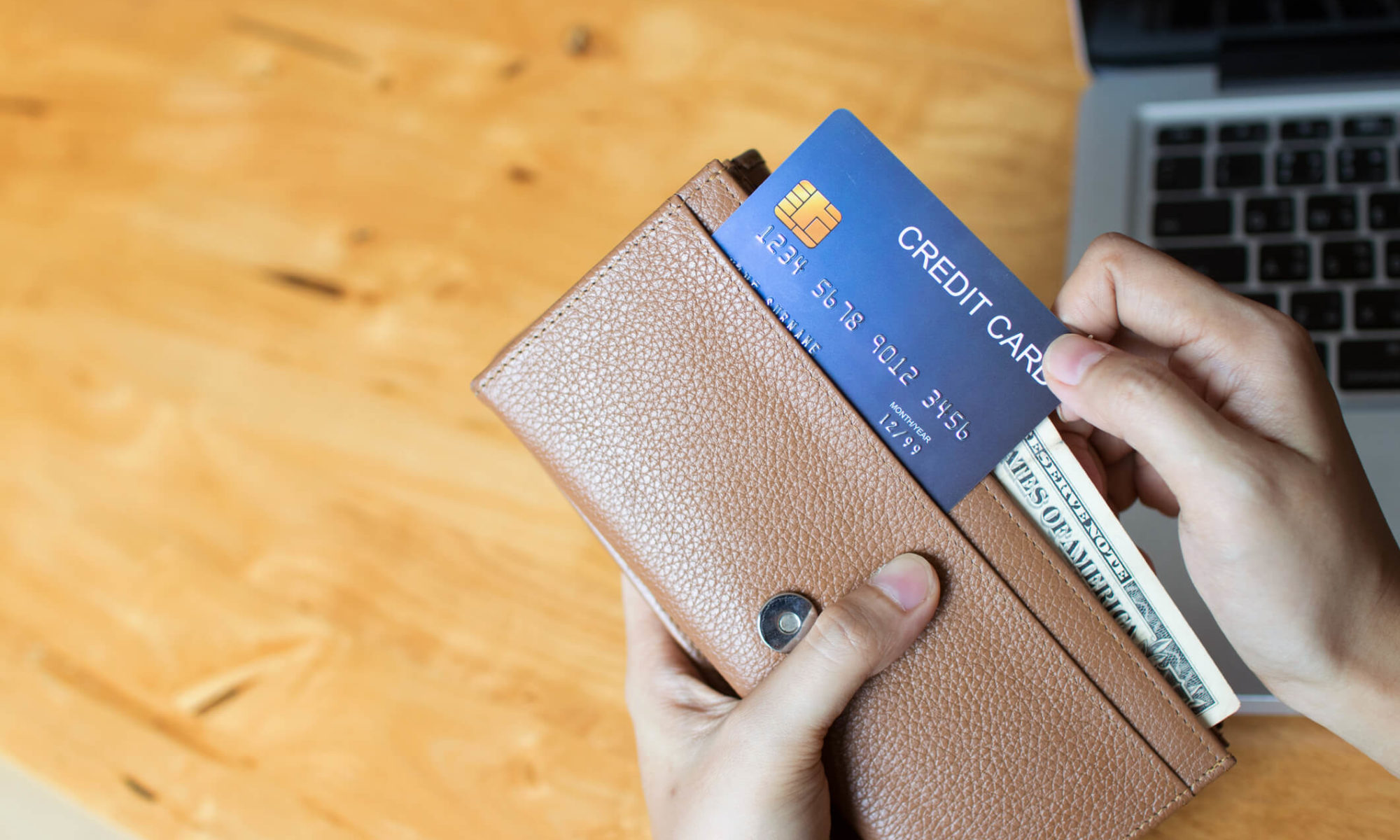Once your business decides to accept credit cards, you open your company to an entirely different world of payments – one that requires a good payment processor like Y2 Payments on your side. As you work with customers to accept their preferred form of payment, you’re likely to see two main types of payments – debit and credit cards. Debit cards debit the cardholder’s bank account directly. Credit cards charge the amount to the customer’s bank, then the customer repays that amount. There are, however, differences in credit cards. Customers may either be carrying a secured credit card or an unsecured credit card.
Secured Credit Cards
Customers who have bad credit or no credit at all may not be able to open a credit card account with a simple application. Instead, the issuing bank may need some assurances that the customer can actually pay his or her bill. As a result, in addition to the issuing bank accepting the application for the customer’s credit card, it will also require the customer to deposit a certain amount of money, sometimes as little as a hundred dollars. The amount deposited is the limit for the customer’s credit card.
Unsecured Credit Cards
Most merchants are more familiar with unsecured credit cards. These are a bit more traditional. The customer applies for the card, then the card issuer grants him or her a card. The limit is based on current income, credit history, and overall credit score. That limit, though, can be massive.
The difference between secured and unsecured credit card products isn’t vast. Instead, it’s simply a matter of protecting the issuing bank to ensure all customers have access to this type of payment method. From a merchant’s point of view, the two don’t really process any differently. Instead, they’ll both work for the goods and services you have available.
For information on Y2Payments, give us a call today at 888-693-1850.

